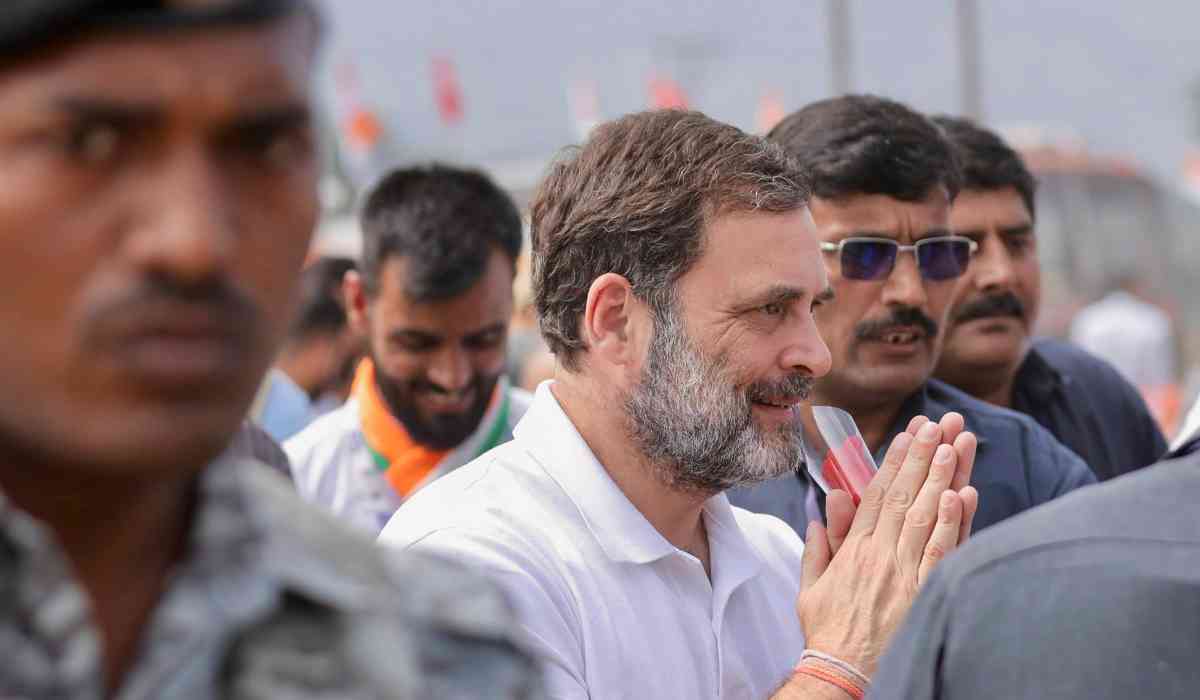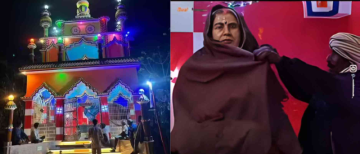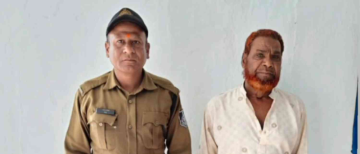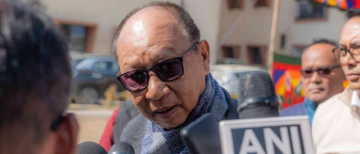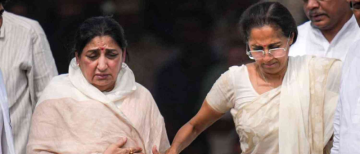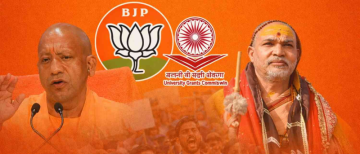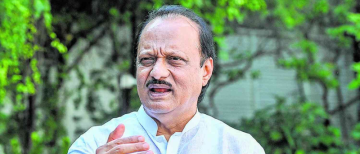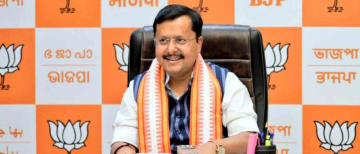In a powerful display of empathy and leadership, Rahul Gandhi, Leader of Opposition in the Lok Sabha, has announced that he will adopt 22 children from the conflict-ravaged Poonch district in Jammu and Kashmir. These children, who lost one or both parents during Operation Sindoor, are now being offered a lifeline in the form of complete educational sponsorship—a move that has sparked both praise and controversy across the nation.
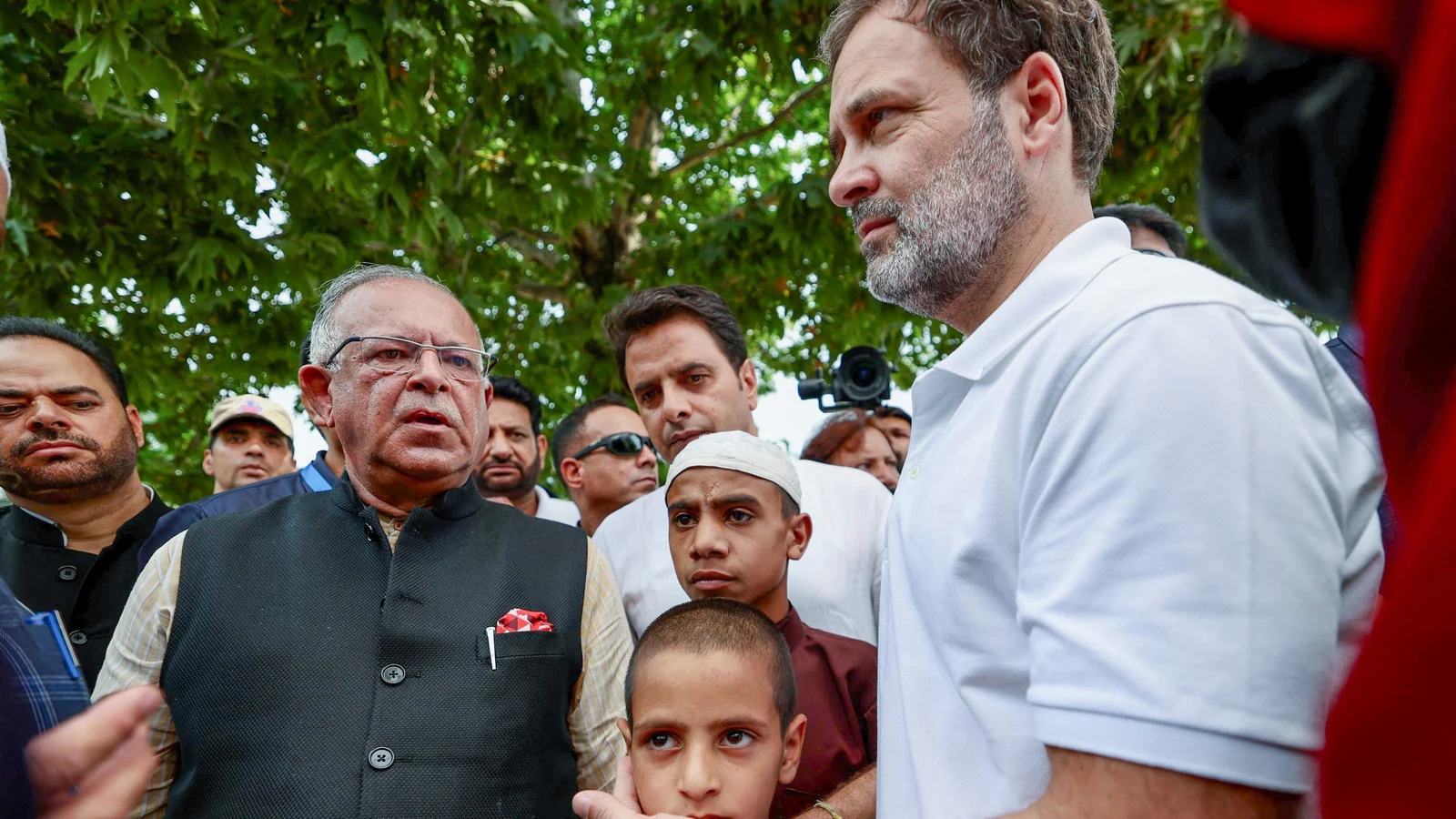
A Tragedy in the Shadows of Conflict
The initiative follows the devastating events of April and May 2025, when tensions escalated along the Line of Control (LoC) after a brutal terror attack on April 22 in Pahalgam claimed the lives of 26 Hindu tourists. In retaliation, the Indian Armed Forces launched Operation Sindoor on May 7, targeting nine terrorist infrastructures across Pakistan and Pakistan-occupied Kashmir (PoK), including high-value terror bases in Bahawalpur and Muridke.
This counteroffensive was met with intensified Pakistani shelling, resulting in massive civilian casualties in Jammu and Kashmir. Poonch, in particular, was one of the worst-hit regions. Among the 28 reported fatalities, 13 were civilians from Poonch. Children bore the brunt of this escalation—some killed, others left orphaned, and many injured or displaced.
Gandhi's Visit to Ground Zero
In May, shortly after the violence subsided, Rahul Gandhi visited the affected families in Poonch. Describing the aftermath as a “major tragedy,” he met with grieving parents, injured survivors, and displaced children. He offered both comfort and assurance, promising to raise their concerns at the national level. He also personally visited Christ Public School, where he met with classmates of Urba Fatima and Zain Ali, 12-year-old twins tragically killed during the shelling.
His message to the students was simple yet profound:
“I feel very, very proud of you. You miss your little friends. I’m very sorry about that. Now, you feel a little bit of danger and a little frightened, but don’t worry; everything will go back to normal. Your way of responding to this should be to study really hard, play really hard and make a lot of friends in school.”
He also met a young girl who survived shelling at her home, where she lives with her mother and four sisters—her father having passed away 16 years ago. Stories like hers made a lasting impact on Gandhi, prompting him to take direct action.
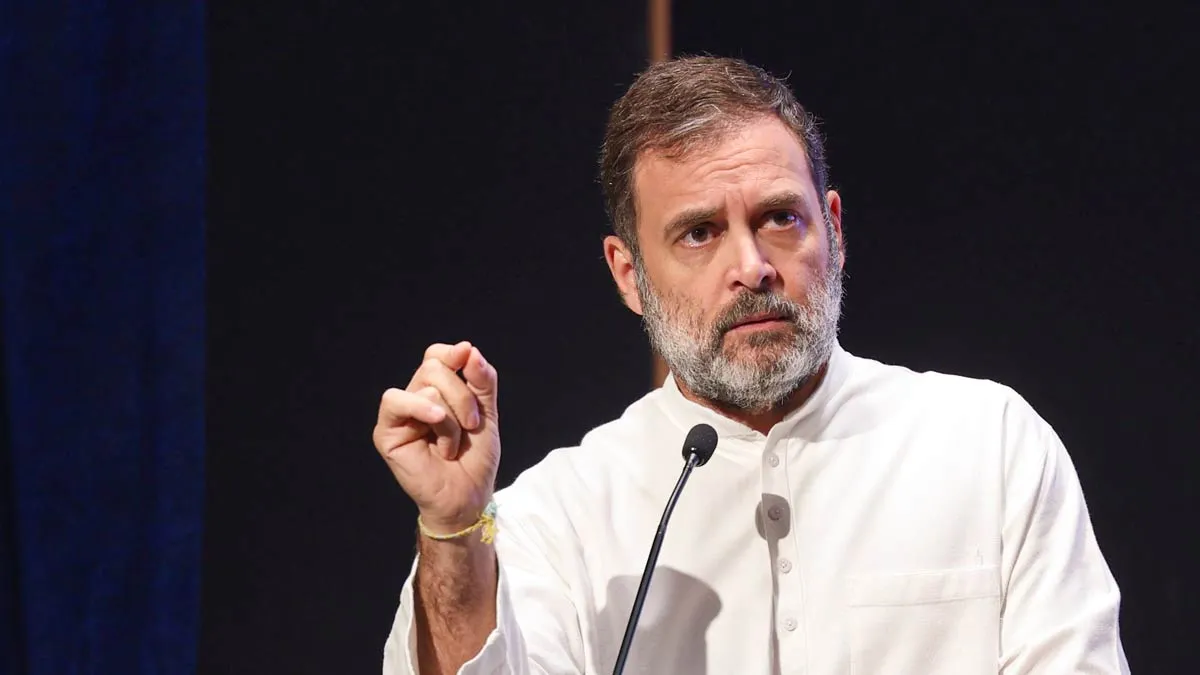
The Adoption Initiative: A Commitment to Education and Healing
According to Tariq Hameed Karra, president of the Jammu and Kashmir Pradesh Congress Committee, Rahul Gandhi instructed the local Congress unit to identify school-going children who lost parents—especially family breadwinners. A detailed survey was conducted, and the final list of 22 children was verified using official government records to ensure genuine eligibility.
Gandhi has pledged to fully fund the education of these children—right up to their college graduation. The first instalment of financial assistance is scheduled to be released on July 30, enabling the children to resume their studies without further disruption. The initiative is not only logistical but deeply personal; it represents a moral and emotional investment in the future of those devastated by geopolitical conflict.
A Mixed Reaction Online
Despite the clear humanitarian intent, the gesture has not escaped criticism and political trolling on social media. One X user wrote:
“No houses built in Wayanad. Now adopting 22 kids in Poonch? Rahul Gandhi’s politics is all headline, no homework.”
Others questioned the focus on 22 children when the Pahalgam terror attack claimed 26 lives, implying selective outreach.
Still, many users applauded Gandhi’s effort, calling it an example of “leadership with a heart.” One user stated:
“From standing with Nirbhaya’s brother to now adopting 22 children orphaned in Pak shelling during Op Sindoor – Rahul Gandhi continues to redefine what it means to be a leader with a heart.”
Another wrote:
“Kudos to Rahul Gandhi for his noble gesture of supporting 22 children orphaned by cross-border violence, showcasing true leadership.”
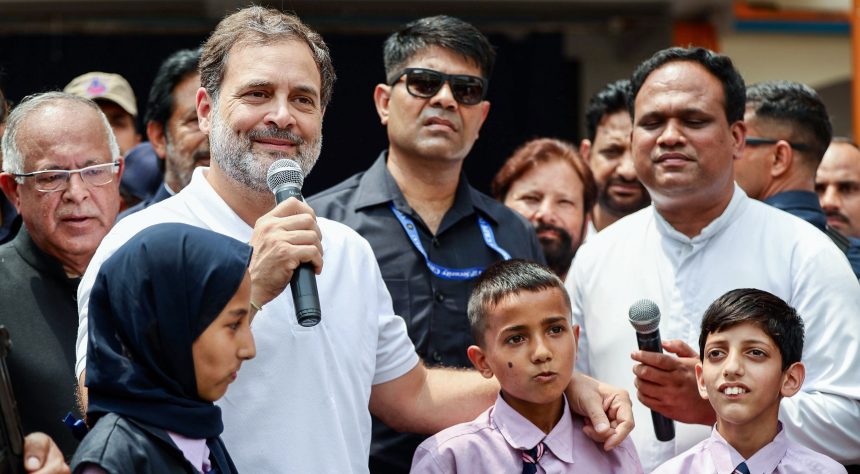
Looking Beyond Politics: A Humanitarian Imperative
Rahul Gandhi’s move, while clearly symbolic, holds tangible benefits for the children and families affected by the conflict. With their homes destroyed, schools damaged, and families torn apart, these children now have a renewed path to education and stability.
The broader impact of the initiative could also help in raising awareness about the human cost of cross-border violence—a narrative that often gets lost amid military strategies and political posturing.
In a region plagued by years of conflict, Rahul Gandhi’s decision to adopt and educate 22 orphaned children sends a powerful message of empathy and action. Whether viewed through the lens of politics, social responsibility, or humanity, this initiative stands as a rare moment of compassion in a time of turmoil.
Regardless of political allegiance, one truth remains: when leaders step into the role of healers, societies move closer to peace.
With inputs from agencies
Image Source: Multiple agencies
© Copyright 2025. All Rights Reserved. Powered by Vygr Media.

